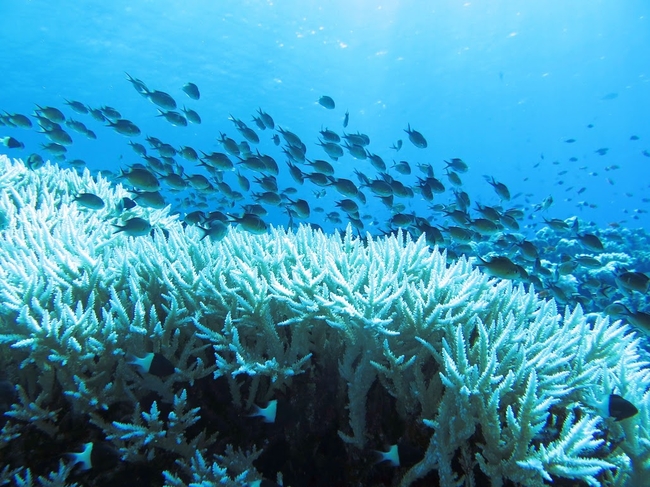Project description
Scleractinian corals form the foundation of coral reefs. Their ecological success is the result of an endosymbiotic association with photoautotrophic algae (symbiont, hereafter). High water temperatures induce corals to expel their symbionts, a phenomenon called bleaching, the most prominent threat to coral reef ecosystems. Since some symbionts are more thermally tolerant than others, symbiont change (i.e., a shift of the symbiont community within the coral host) may constitute an acclimation mechanism of the coral-algae complex under global warming. Trade-offs between increased thermal tolerance at the expense of reductions in key physiological functions pose limitations to this hypothesis. In addition, the physiological mechanisms underpinning symbiont change and the related ability of corals to adapt to thermal stress are still poorly understood. We plan to combine experimental ecology with mathematical modelling to identify the mechanisms and the environmental conditions that drive symbiont change and to assess the effects of this change on coral functions.
Approach
We plan to investigate if bleaching-inducing light and thermal stress conditions are essential for triggering symbiont change. By adding thermally-tolerant symbionts in bleached coral cultures, we will test if recovery from bleaching involves the acquisition of new symbionts or the internal shuffling of symbionts. Mathematical modelling will integrate the relevant information gained from laboratory experiments into a broader and more flexible simulative context.
Numerical experiments will allow us to explore different coral acclimation hypotheses related to symbiont change and their effects in the context of varying environmental conditions. Our project will shed new light on the capacity of corals to respond to environmental perturbations and will contribute to the development of innovative strategies to support functioning of coral reefs under the influence of climate change.
![]()





